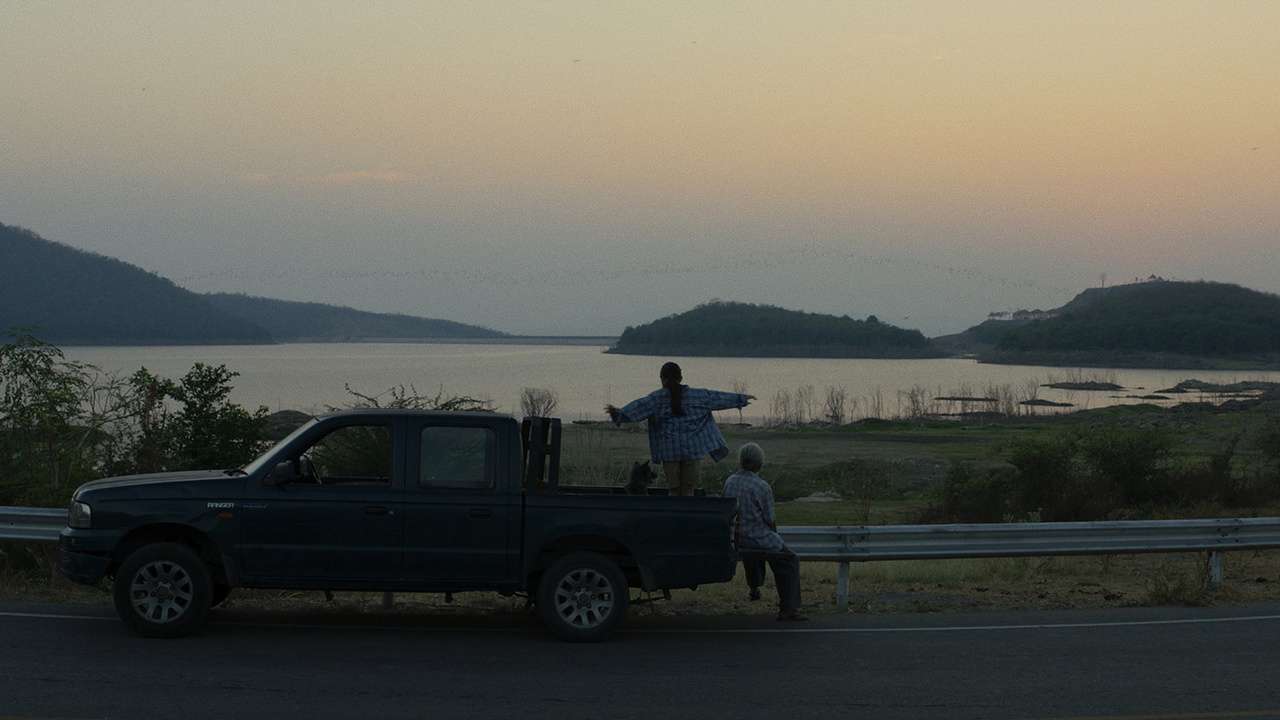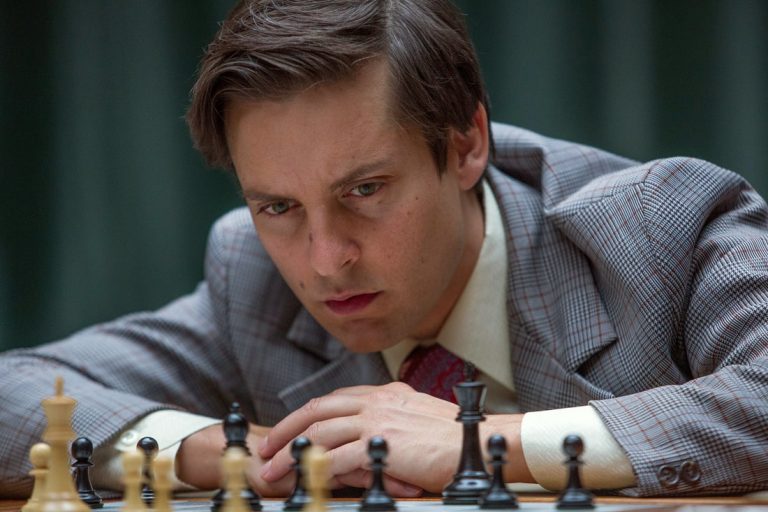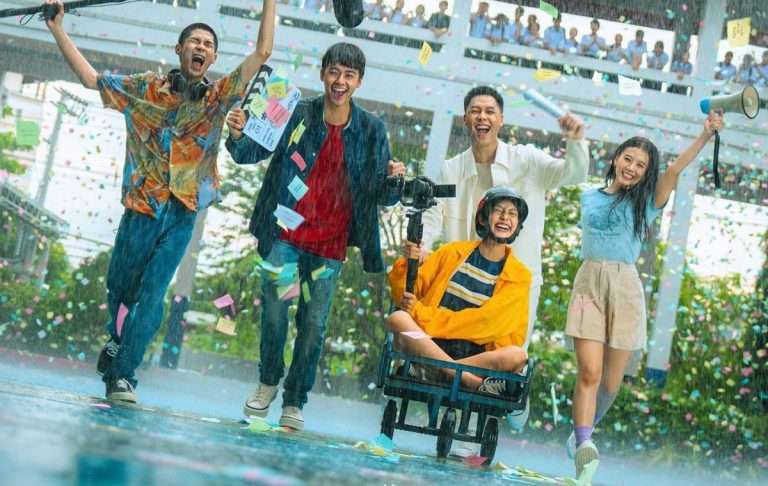Sivaroj Kongsakul’s “Regretfully at Dawn” swoops on an army ex-veteran, Yong (Surachai Juntimatorn), raising a young girl, Xiang (Machida Sutthikulphanich), as his own daughter. The setting is a remote Thai province. Nothing much happens here. Life crawls by. At least there’s a primary school which fulfils her basic education.
Xiang views him as her own father. He keeps the details of his connection with her hidden. We discover it gradually over the course of the film. Yong’s past lingers heavily over the entire narrative. It is inextricable from the present. It’s a tide of melancholy and guilt he can’t seem to escape. There’s an obligation he feels that ties him to his parenting. But also, there’s genuine love and a quiet, fierce, nurturing force within him. He wants the best for Xiang. He holds onto her as long as he can until he knows he has to part with her so that she can surge into a better future. Staying back in Thailand with him would profoundly limit the range of her intelligence and dim her energetic, curious spirit.
As Xiang’s kindly maternal, enterprising school teacher, whom she lovingly calls Mary, stresses, the child’s talents must be honed in a place where they can be put to use and advance her prospects. But as long as possible, he remains Xiang’s perfect, watchful parent. Juntimatorn and Sutthikulphanich are absolutely fantastic together. The two radiate so much warmth and comfort in each other’s company that it holds the film tightly together.
Kongsakul prefers to keep the pace of the drama a slowly stirring one. The tension is muted. Nevertheless, we sense the impending shadow of a vital decision the old man would be compelled to make. The Thai contemporary situation is almost stultified. The girl’s future stands a stronger chance if she moves abroad.

The screenplay, written by Kongsakul himself, induces a dreamlike see-saw between the past and present. The two mesh together into a necessary confrontation. This is a protagonist haunted by his past. Persistently, they interrupt his present-day experience. Kongsakul playfully splices in flashbacks to Yong’s youth.
There’s a particularly stunning sleight of hand as the dog, a constant companion, figuratively steps into the explosive-riddled past. We get a tragic glimpse of a moment from the past, a snapshot of a dire crisis. As the dog returns innocently, the present day resurfaces. There are other grim insights into the wartime past. A man attempts to kill himself and is narrowly rescued by his mate.
“Regretfully at Dawn” brilliantly integrates the trauma of war and its abiding presence in a person’s life long after it’s over. The pain and loss, the splintering tragedy of watching friends slip away from one’s grasp, don’t tinker off and get resolved easily. Ghosts fill the frames of the film occasionally. Where’s the closure? It’s as if Yong, too, is a soul caught in limbo. Only after he ensures Xiang a path to a safer, steadier future can he take his much-deferred rest.
Pathos strums through “Regretfully at Dawn.” Several patriotic hymns extolling a glorious, promising future punctuate scenes in the film. But one gets a vivid impression that the country is still nursing deep wounds of the past. Healing hasn’t yet arrived. Kongsakul delivers a tender, subtly powerful portrait of a man and nation in wait for some kind of grace. The past hovers intensely, but the future, too, is crucially held close enough for us to grasp.




![Salt of the Earth [1954] – A Landmark American Independent Cinema on the Working Class](https://79468c92.delivery.rocketcdn.me/wp-content/uploads/2021/07/Salt-of-the-Earth-1954-768x432.jpg)
![Going Clear [2015]: Scientology and the Prison of Belief](https://79468c92.delivery.rocketcdn.me/wp-content/uploads/2015/12/goingclear1.jpg)

![The Ear [1970] Review – A Chilling Study of Fear and Paranoia behind the Iron Curtain](https://79468c92.delivery.rocketcdn.me/wp-content/uploads/2019/11/The-Ear-1970-768x573.jpg)
![Lookback on Lumet: The Hill [1965]](https://79468c92.delivery.rocketcdn.me/wp-content/uploads/2018/05/vlcsnap-error837-768x431.jpg)